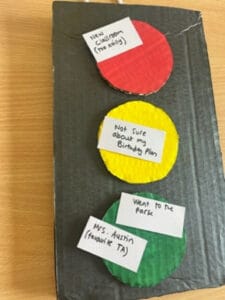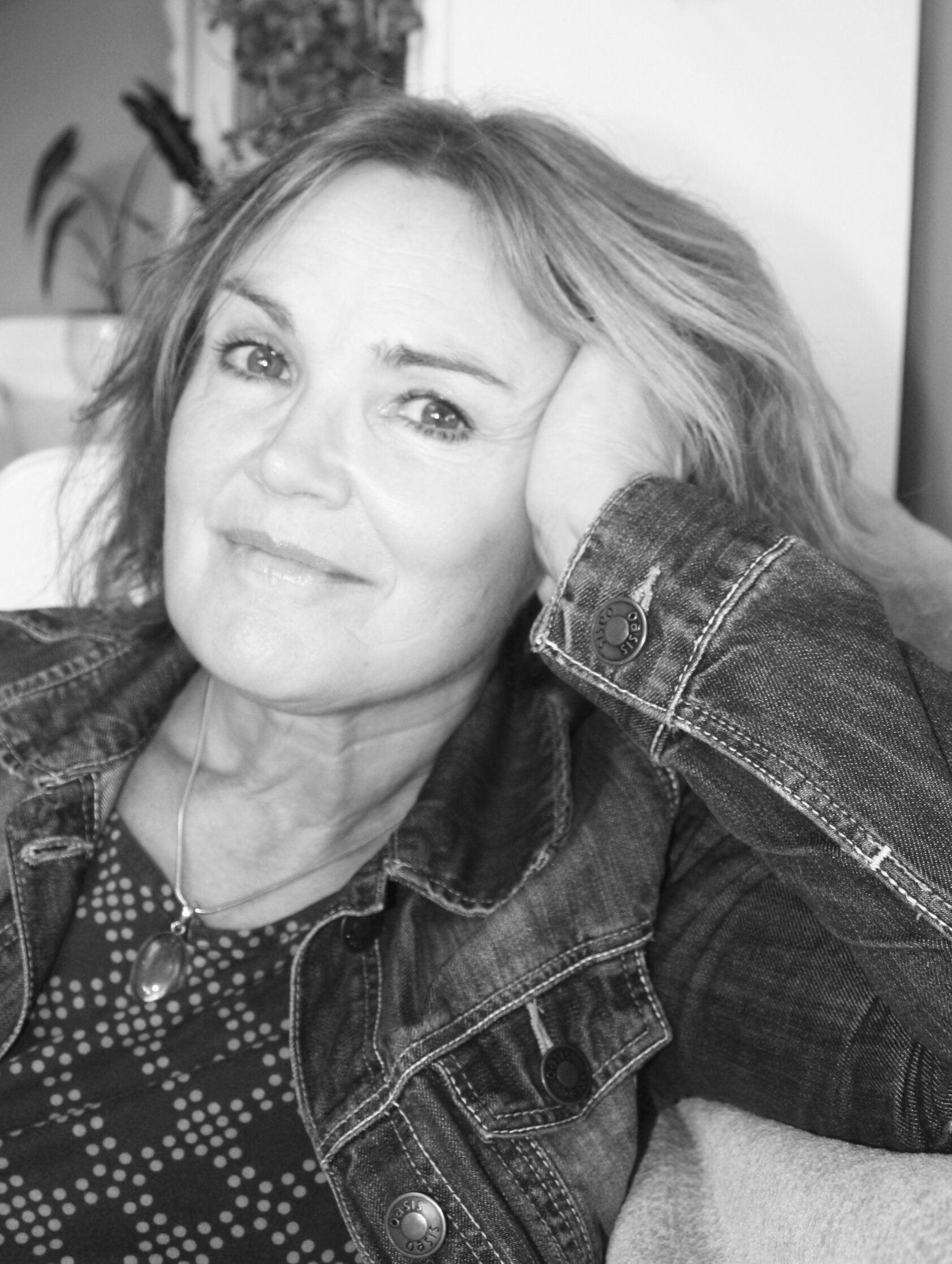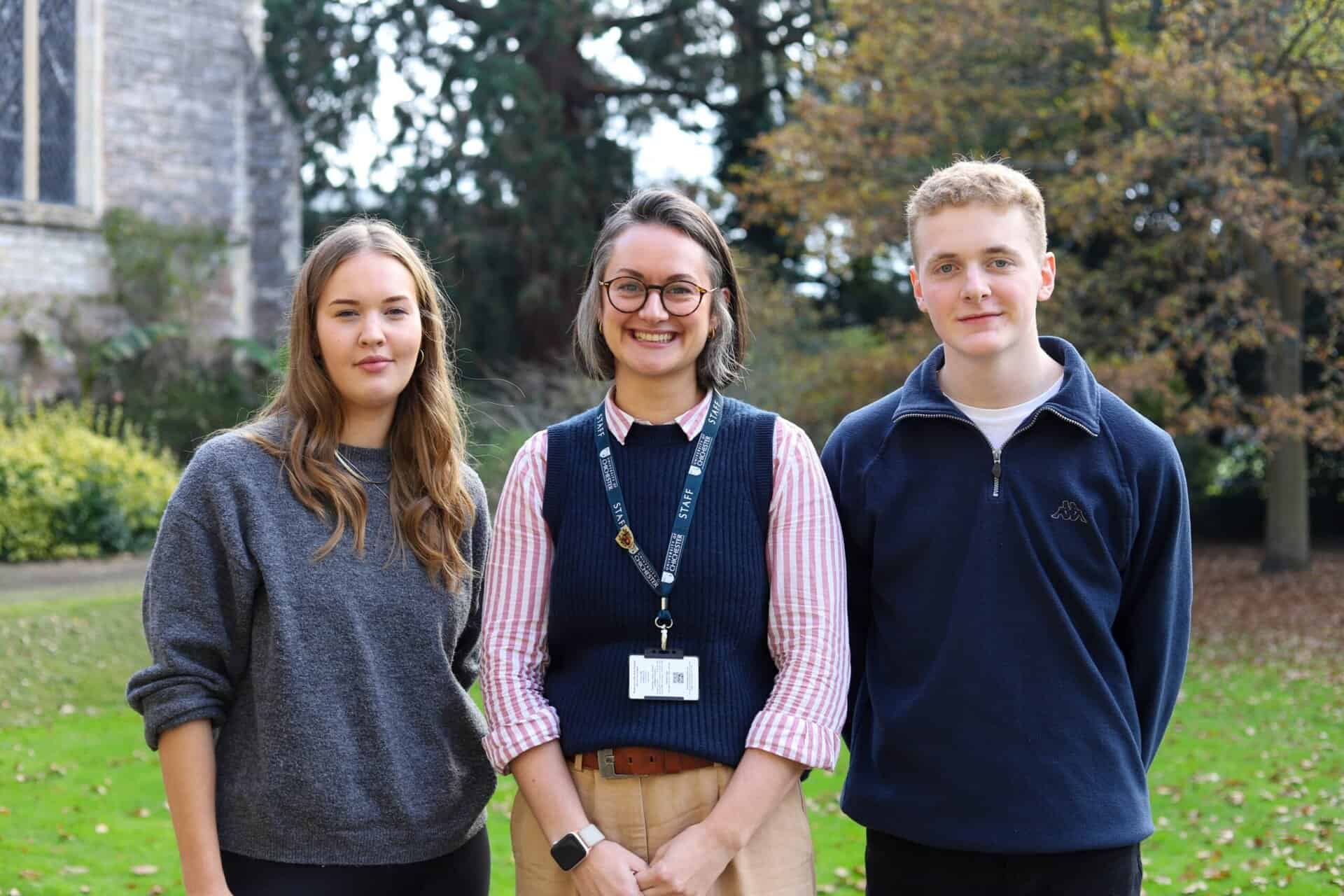University students create models to help children and young people engage with their mental health and resilience

Education students from the University of Chichester have created two models to support mental health and wellbeing of children and young people and promote resilience. The models are already being used to help young people communicate their needs and feel empowered to have agency and seek support.
An article on the models was co-written by seven students from the BA (Hons) Education and the BA (Hons) Education, Special Needs and Disability programmes, and published by a social enterprise specialising in resilience research and practice. Students have also taken the models into their own placements, and they have the potential to be used in a wide range of settings to help children engage with their own mental health and wellbeing.
The idea behind the models was to create a framework for young people to understand their own mental health and to build resilience. The students collaborated on the project together, researching existing models and bringing in their own experiences of mental health, as well as working with school-age children to ensure it was relevant and useful for a range of people with different needs and cultural backgrounds.
The students co-created two models; one space-themed and a traffic light system.

The space-themed model ‘Guardians of my Galaxy’ showed the interconnected nature of different themes in a child’s life, whether it’s aspects of their family, school, community or individual life, showing factors (planets) which could orbit the individual such as their personal relationships, beliefs, hobbies, pets, personal qualities and school support. Risk factors were shown as meteors, which could have a large impact or be buffered by protective factors which can improve mental health and resilience. Young people can map out their own galaxies, to understand their own protective factors, and identify areas where they may need more support.
“This inclusive approach empowers children to label their own factors and apply them to the model, it was important for the models to be flexible, so they retained a person centred approach” the students said.
 The traffic light system gives a quick snapshot of how an individual is feeling and what is influencing their mental health at a certain moment in time – with the three colours red, amber and green representing different feeling states. This helps the young person identify how they are feeling about certain situations in their life, and they could be experiencing feelings on different traffic light colours at the same time.
The traffic light system gives a quick snapshot of how an individual is feeling and what is influencing their mental health at a certain moment in time – with the three colours red, amber and green representing different feeling states. This helps the young person identify how they are feeling about certain situations in their life, and they could be experiencing feelings on different traffic light colours at the same time.
The students said: “Whilst not all children find it easy to identify their feelings and express them, using tangible objects as a stimulus for this exploration with a trusted adult is one way to improve accessibility. Communication can then be supported in ways that work best for each child, with the model as an anchor of shared understanding.”
Reflecting on the experience, Jaime Sarr (BA (Hons) Education, Special Needs and Disability student, said: “The process of creating the models of resilience was quite challenging because we aimed to design something that could be adaptable for people of all abilities. It was also interesting learning in greater depth about resilience as a dynamic process which can be different for everybody. This learning process really changed my opinion on resilience from less an innate quality, more toward how individuals interact with external factors to influence their resilience.”
Dr. Josie Maitland, Lecturer in the Centre for Special Education and Disability Studies at the University of Chichester, said: “The work students have produced on this project demonstrates the original thinking and deep commitment to make a difference that I am lucky enough to witness regularly on these programmes. Having the tenacity to engage in such a complex topic, and then develop the original ideas into something that is now published and out there in the world is really exciting.”
The group added: “It is our hope that using these models, educators and caregivers can create a safe, non-judgemental, and non-threatening context to talk about mental health, where individual experiences and perceptions are listened to and support is provided to strengthen and develop protective mechanisms, ultimately contributing to their emotional, social and academic success.”
You can read the published article and find out more about the models here.
To find out more about Education courses at the University of Chichester, visit: https://www.chi.ac.uk/education/




